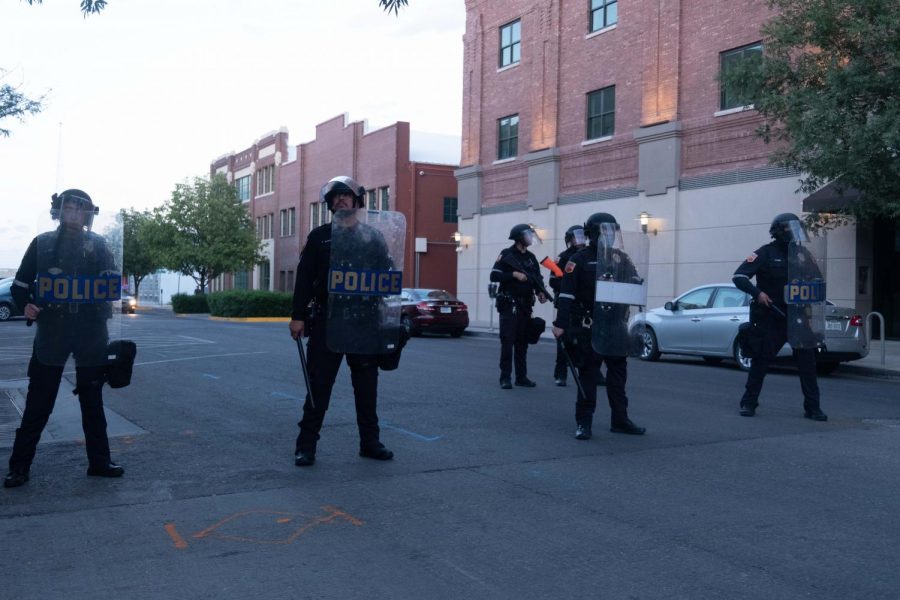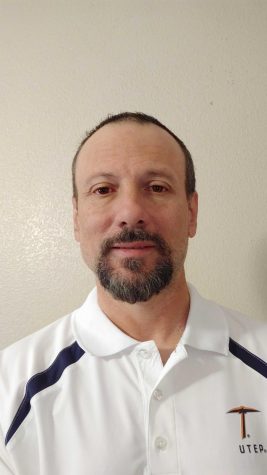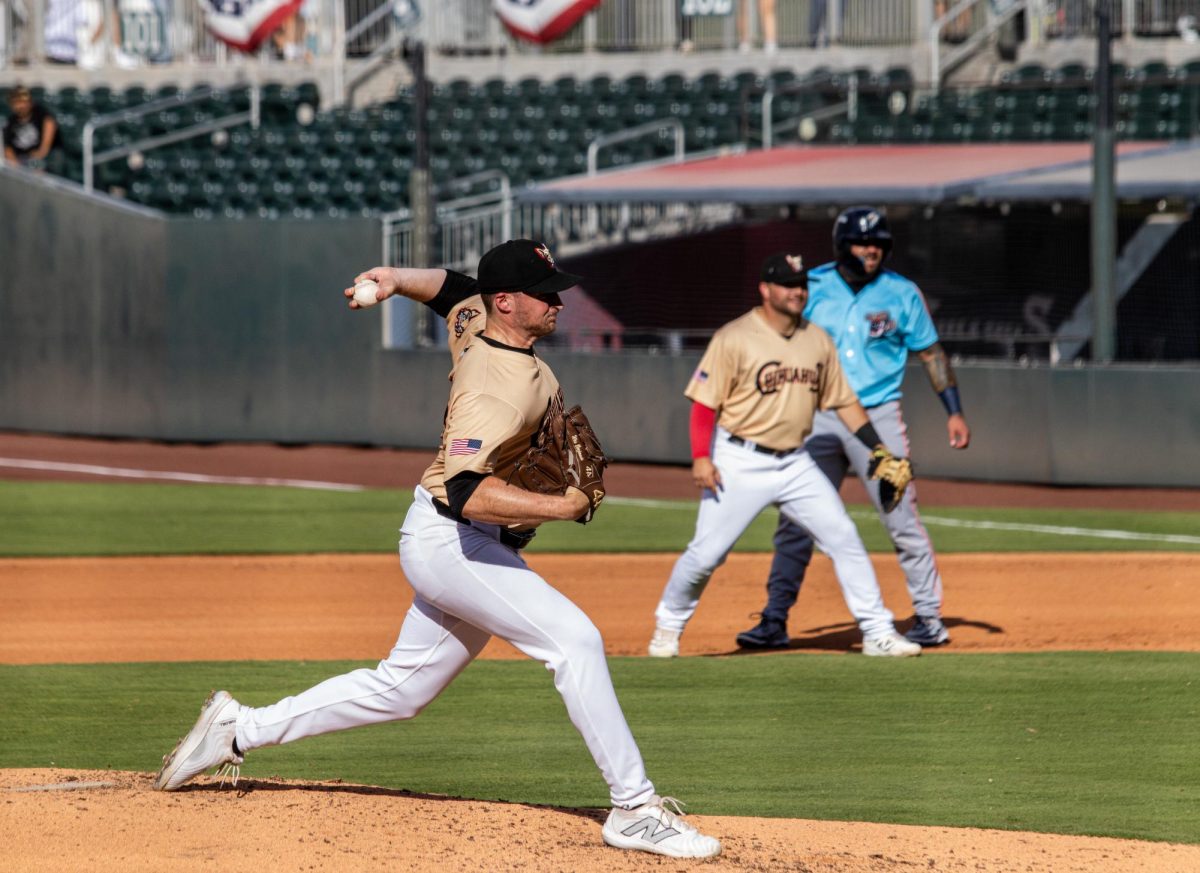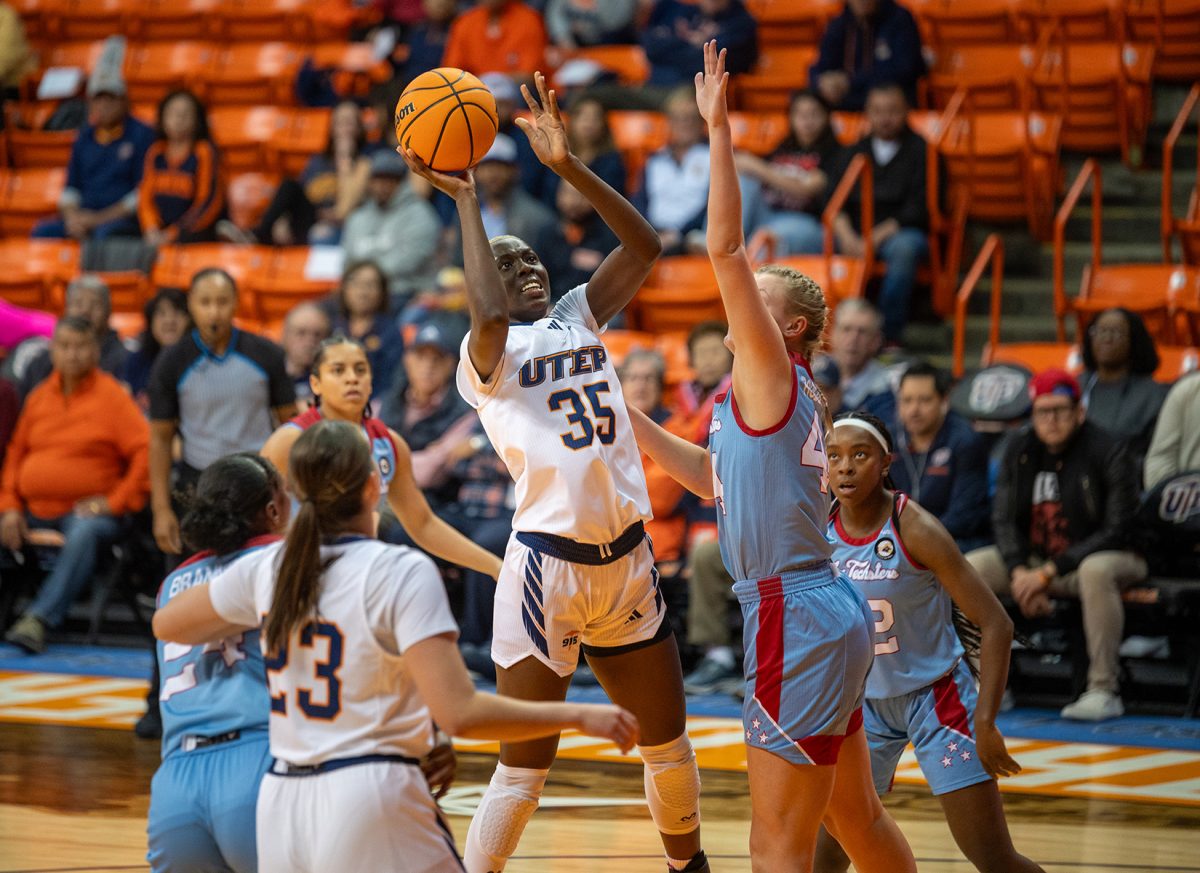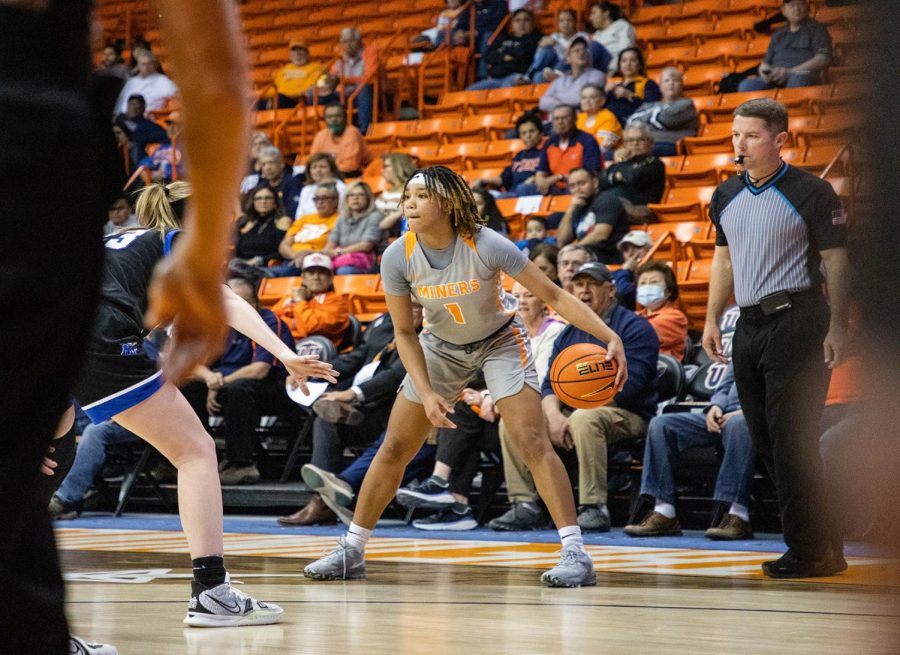In the aftermath of George Floyd’s death, an African American man killed by ex-Minneapolis police officer Derek Chauvin, streets across the country and around the world have flooded with protesters demanding justice and denouncing police brutality.
Floyd is only one of the thousands of people who fall victim to police brutality, defined as a civil rights violation where officers exercise undue or excessive force against a subject and one of the many defining figures of the Black Lives Matter movement.
According to a police violence map, police killed 1,098 people, and there were only 27 days of the year where police did not kill anyone. Of those 1,098 people, 24% were Black, even though the Black population only accounts for 13% of the total in the United States.
Of those killings, only 1% of the officers were charged with a crime, according to the map.
It took the city of Minneapolis four days to arrest Chauvin, leading many to believe that the city was pressured to make the arrest after days of protesting and looting.
Protesting continues to take place in many cities across the country, demanding justice for the victims of police brutality. The most prominent names being called to justice are those of Breonna Taylor, a woman shot by police as she slept in her home and Floyd, among many more.
Along with the chants for justice and solidarity heard at the manifestations across the country, came the notion to “defund the police,” many believing this is an optimal solution to a corrupted system.
But what exactly does defunding the police mean? Egbert Zavala, associate professor in the Department of Criminal Justice at UTEP, explains: “When we say ‘defunding the police’ that means taking some of the money that is allocated to the police department, and getting that money and putting it somewhere else. For example, let us say the chief of police wants $1,000 to buy a new vehicle, instead of the city giving that department the money to buy a vehicle, they would use the $1,000 for something else.”
According to Zavala, the money being reallocated could help the departments hire social workers, fund a program that deals with mental illness or go toward education.
“There is a huge misconception; people think that defunding the police means to get rid of the police department and that is not the case,” said Zavala.
Black people are three times more likely to be killed by police officers than white people, according to a database by mappingpoliceviolence.org.
There is an understanding that bias and racial profiling and discrimination play a crucial part in the results shown in the database. Black people are more likely to be killed by police even though they are less likely to be armed than White people.
According to Zavala, the bias in the police force could be lessened by the introduction of educational programs within the police departments.
“In general, there are studies out there that suggest that people with lower education tend to be more racist and bias toward minorities than someone with a higher education,” said Zavala.
Currently, Texas requires a police officer to have an associate degree or 60 hours of college courses. However, this varies in different states.
“I am an advocate that police departments should require a bachelor’s degree,” said Zavala. “I truly believe that would help reduce injustices in our streets.”
Along with the call to defund the police, many believe the departments should be “demilitarized” by eliminating combat uniforms, such as riot gear and combat-like behaviors that lead to death.
Zavala believes there are three ways to do that; one, the elimination and prohibition of chokeholds and headlocks, a higher level of education required for incoming police officers and the senseless use of lethal violence.
“In the United States, for an officer to use lethal force, all they need is to be scared for their lives,” said Zavala. “In other countries, in order for an officer to shoot a suspect, the officer can use lethal force only if it is absolutely necessary.”
The future of the police departments across the country remain uncertain, with some calling for reformation and others for complete disbanding. At the same time, the protests and marches continue in many cities across the country.
Paulina Astrid Spencer may be reached at [email protected]

